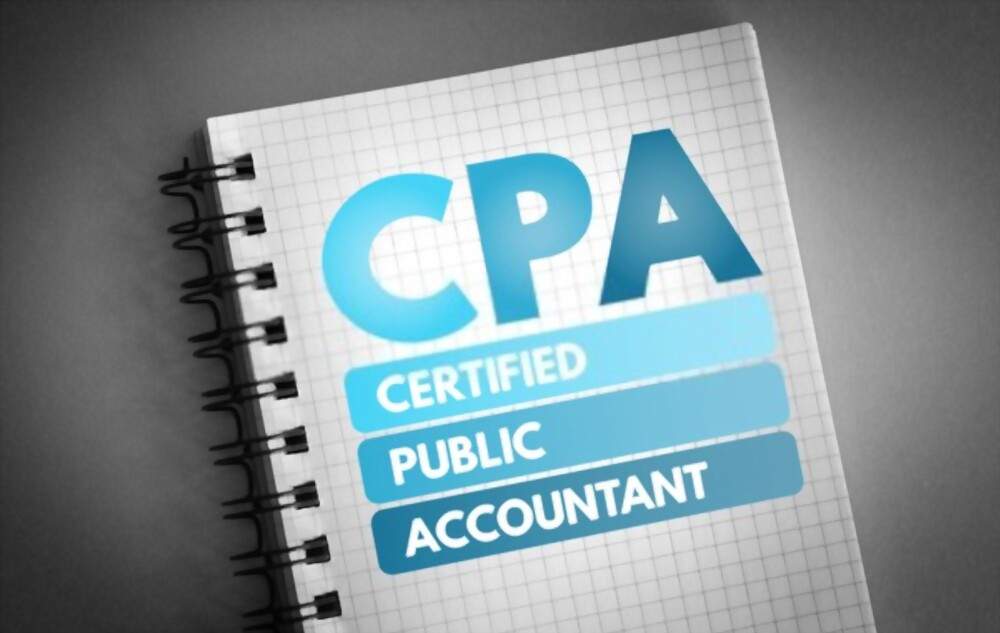First of all, we would like to explain that CPAs and accountants are completely different people and their job profile is also different. You need to qualify for certain exams to be called a CPA, or else you’re just an accountant. It is like all CPAs are accountants first, but not all accountants are CPAs. Once you clear your Uniform CPA exam, you’ll find out that there are not many certified public accountants.

1. Who is a CPA, and what do they do?
A person who has met some educational qualification, has proper licensing requirements, and has passed the Uniform CPA exam can call themselves a Certified Public Accountant (CPA). Once you become a CPA with experience and smart work, you can become a chief financial officer for big companies. You can also take care of the cases of your neighborhood cases and firms.
Not only a CPA works for multinational firms, but they also work for public accounting firms and are also considered strategic business advisors. They help big firms and individuals make crucial decisions for themselves and help you with your taxes and accounting work. The FBI seeks out CPAs for investigating criminals in cases of money laundering and tax fraud.
2. How do you differentiate between a CPA and an accountant?
You can only become a CPA if you’re an accountant. Without being an accountant, you cannot become a CPA, so the roles of CPA and accountants are completely different, and the major differences between them are explained below: –
I. It would be best if you were licensed and certified to become a CPA. After graduating from college, you need to have a year of work experience under the supervision of a CPA. Once you have that, you can then take the CPA test.
II. Some businesses need special attention from an experienced person who can help them in a time of crisis. They contact a CPA and get their help. Also, the CPAs have the right to make decisions and get the work done, which will interest the client. Accountants are not given the fiduciary responsibility.
III. While an accountant can prepare a tax return, a CPA can advise the client to make changes to help them in tax savings. CPAs advise better because of their training and experience in the field. CPA can also represent the client in front of an IRS auditor.
IV. CPAs must work keeping in mind the code of ethics and must comply with all rules. They are expected not to break a single law and do their work fairly without being biased against a client.
3. What are the career opportunities once you become a CPA?
Once you become a CPA, then there is no going back because every firm, no matter how small or big, requires the assistance and help of a CPA. This applies to all government offices and staff. Their credential is highly sought after, and their peers and friends often approach them for support and financial advice.
When a potential client is looking for the expertise of a CPA, they look for professionals with higher qualifications and experience. Because the clients know, an experienced CPA will adhere to all the ethical standards and provide you with excellent advice and help. Some experienced CPAs also work in accounting, business, and corporate industry accounting at big firms, not-profitable organizations, the education sector, and the government.
4. How to become a CPA?
If you think that by simply taking the test and passing it, you can become a CPA, then you’re badly mistaken. It is a tedious job to become a CPA, and if you’re serious about becoming a CPA, it will take a lot of work.
First, you need to complete your program of accounting from your college. AICPA recommends that you must complete at least 150 hours of college work. Once you have completed the 150 hours mark, you’re eligible to take the Uniform CPA exam. The eligibility criteria for sitting for the exam are different in different states. You must check the state-wise rule before thinking you’re eligible for the course.
Once you’ve given the examination and passed, then you get your CPA certificate. This certificate is different from the license issued for practicing. Each state has different rules for being eligible to license in their state. Some states ask for more work and educational experience, while some states are lenient on that matter.
If you think that getting the license is the end of your education, then you’re mistaken. A CPA must always study and be well-informed about the current affairs and the change in the system. Each case is different, so they need to be knowledgeable about the changing markets.
Wrapping up
Just Call Jack is one of the best places to hire a CPA. Their experts and professionals have also quickly become one of the best certified public accountants in my area.